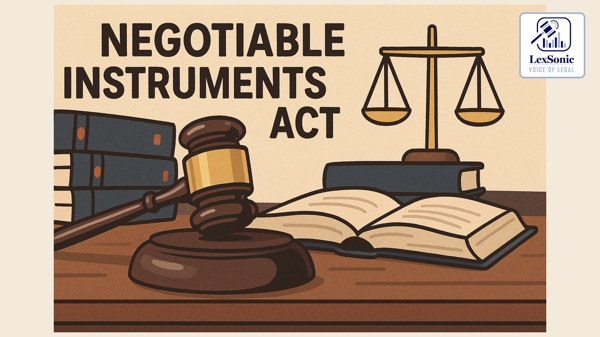Supreme Court Restores Conviction in Cheque Dishonour Case, Modifies Sentence Based on Age.
02 April 2025
Criminal Appeals & Suspension of Sentence >> Criminal Law | Negotiable Instruments Act >> Criminal Law
The case originated from a complaint filed by the appellant alleging that he had advanced a loan of Rs. 22,00,000/- to the respondent no. 2, who subsequently issued a cheque for the same amount which was dishonoured with the endorsement "payment stopped by drawer." Despite a legal notice, the accused neither replied nor repaid the amount, leading to the complaint.

The Trial Court found the accused guilty and sentenced him to one year of simple imprisonment along with a fine of Rs. 35,00,000/-, with a direction to pay Rs. 30,00,000/- as compensation to the complainant. The Appellate Court upheld this order. However, the High Court, in its revision petition, set aside the concurrent findings, stating that the complainant had failed to prove the existence of a lawful debt, particularly due to the lack of details regarding his bank account and the transaction.
The Supreme Court, after examining the case, found the High Court's approach to be flawed. The apex court reiterated that in Section 138 cases, the complainant primarily needs to establish the genuineness of the cheque, its timely presentation, dishonour, and the issuance of a valid legal notice within the stipulated period. The primary defense for the accused is to disprove the existence of a legally enforceable debt.
The Supreme Court also addressed the High Court's concern about the complainant not proving the source of the loan amount. Relying on its previous judgments, the apex court clarified that the initial onus is not on the complainant to prove their financial capacity unless the accused specifically raises an objection regarding the complainant's financial wherewithal. In this instance, while the appellant stated he had withdrawn the amount from a bank, the accused did not make a serious attempt to disprove this statement.
Ultimately, the Supreme Court concluded that the appellant had successfully established his case, and the Trial Court and Appellate Court's orders were sound. The High Court erred in overturning these concurrent findings by re-appreciating the evidence in an incorrect legal framework.
This judgment underscores the significance of the statutory presumptions in cheque dishonour cases and clarifies the initial burden of proof on the complainant regarding the source of funds. It also highlights the limited scope of the High Court's revisional jurisdiction in overturning concurrent findings of fact by the lower courts.
Section 138, Negotiable Instruments Act - 1881
Negotiable Instruments Act, 1881
